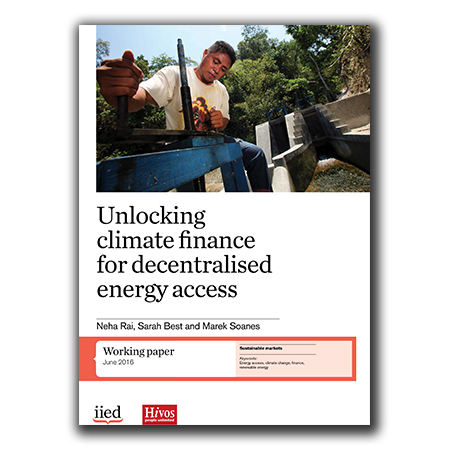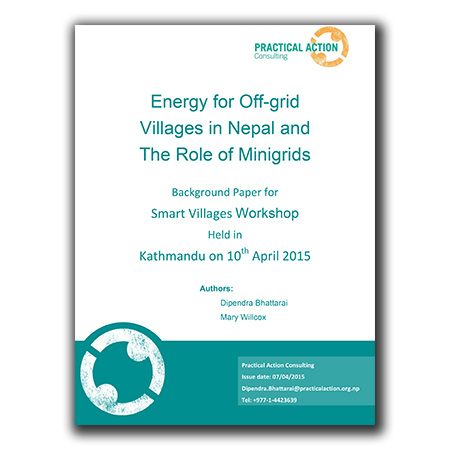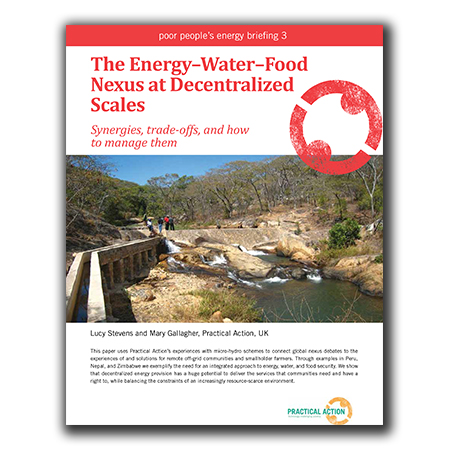New study in Energy Policy: Indigenous community preferences for electricity services: Evidence from a choice experiment in Sarawak, Malaysia
In this new publication, two members of the Smart Villages team along with Malaysian experts from Faculty of Computer Science and Information Technology, Universiti Malaysia Sarawak, Malaysia explore the question of whether communities prefer a community-based model or a utility-based model. The researchers found that the most value was placed on the operator-model underpinning the …
















